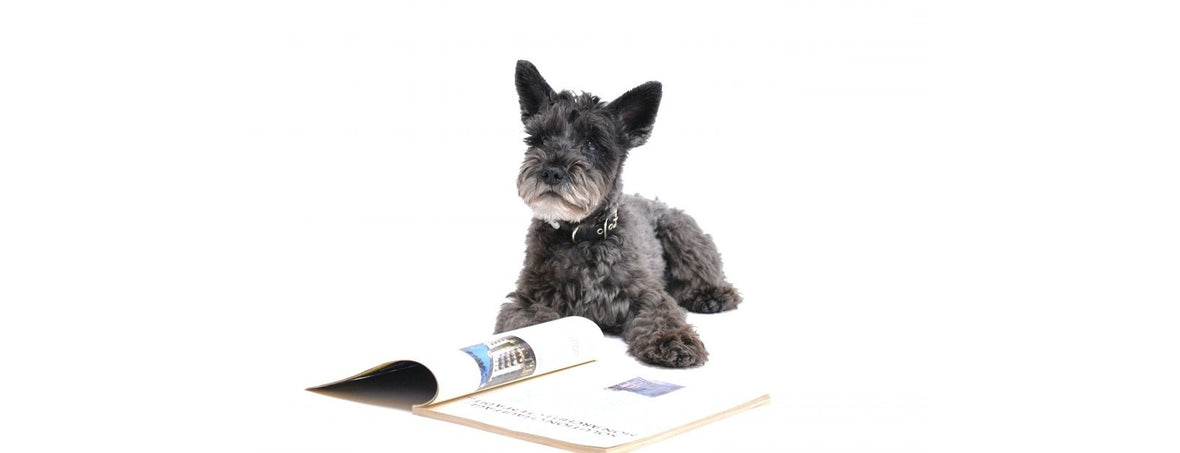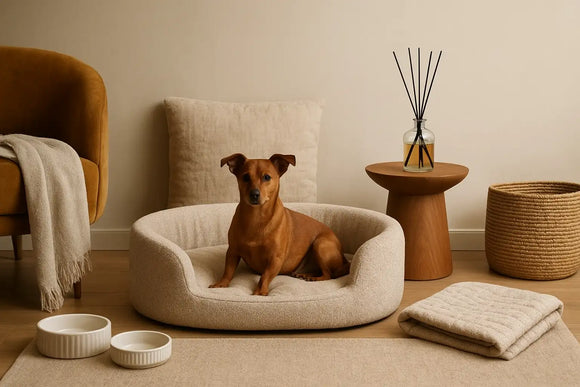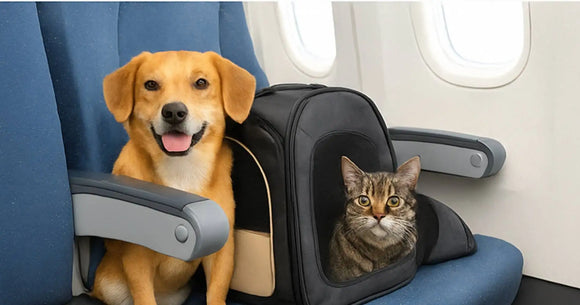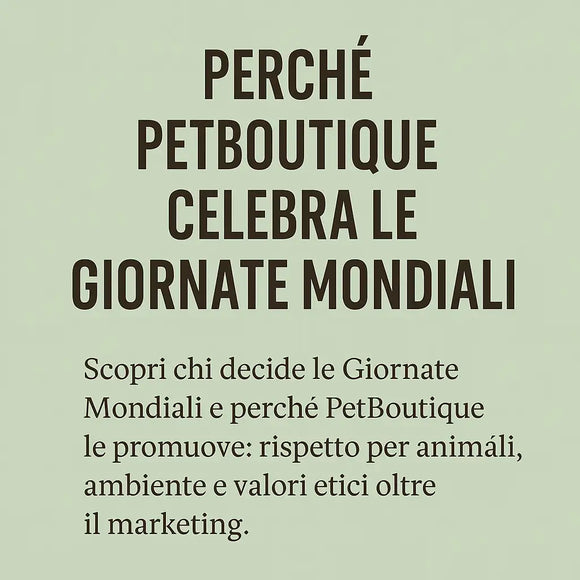
Food and Nutrition for our Friends
Adelchi Rainone
A correct diet is based on the nutritional needs of the individual who consumes it, according to his specific needs.
There is no best diet, only a correct diet.
The well-being of our friends also passes through nutrition, which is also important for the psyche, to help our animals in cognitive, emotional and relational growth (psycho-nutrition, i.e. food as a neuro-cognitive experience).
Although during the last decades the topic of feeding our dogs and cats has been practically monopolized by an "open and pour" diet, thanks to the presence on the market of many ready-made commercial products, in recent years, probably driven by a greater awareness of the importance of a healthy and correct diet for humans, we are recording a reversal of direction.
But what does it mean to feed our dog or cat correctly?
First of all, what are the characteristics that what we give to our dog and cat must possess?
The diet for our friends must be safe, that is, it must not contain toxic or dangerous substances, complete, that is, it must not lack the right amount of nutrients to ensure that we do not are long-term damage, digestible, that is, what we give them must be able to be digested and absorbed by their intestine and finally it must obviously be palatable, that is, pleasant for their taste. Finally, the diet must be balanced, that is, it must contain the right micronutrients in the right quantities.
Dogs and cats are carnivores and for us human beings (omnivores) it is sometimes difficult to understand their needs, often tending towards the easiest or cheapest line.
The classic homemade diet based on pasta or bread, with a little tomato sauce, oil and Grana cheese, or perhaps some scraps from our table, does not respect any of the characteristics we have listed.
Another risk is taking it for granted that some foods that are safe for us are also safe for them. Did you know that grapes can be highly toxic to our friends, as can tomatoes and many other foods?
Generally speaking, if we turn to an industrial dog and cat food company we can be sure that the food in the bowl will comply with the requirements listed above (using good quality products!).
Diet can become the main means of prevention for many different pathologies and in most cases it can improve the situation when a pathology has already established. But as long as it's correct!!
Furthermore, the diet must be personalized, as for us human beings, because each individual has different metabolic characteristics and nutritional needs and which takes into account the type of life that our friend leads, for example, if he does a lot of "divaning" it goes without saying that for his health, products with specific characteristics should be chosen, while if our friend is a marathon runner, obviously a diet with more suitable characteristics will be needed to provide the necessary support.
Let's not talk about cats, which, unlike us and unlike dogs, are obligate carnivores, with very specific needs.
So, why should they be fed the same way? The same principles that apply to us apply, they will have different tastes and food preferences, one will digest an ingredient better, another will not.
Homemade Food: Yes or No?
What is defined as home-made nutrition for dogs or cats is full of facets and ranges from the exclusive use of table scraps to the use of finely elaborated rations to satisfy the nutritional needs of the dog or cat.
Proposing a homemade diet to our friends does NOT mean going back to giving them table scraps, or preparing some pasta or bread soaked in a bit of meat, obviously, if we care about the health of our dog or cat.
The reasons? Here are some:
Dogs and cats are in fact carnivores... and predators!
Have you ever seen a documentary where the predator feeds on the thigh or chest or why not a nice fillet of its prey?? Of course not!
The so-called noble parts for us are not as valuable to our friends. A prey such as sheep, chicken or lamb is first attacked in its entrails, heart, lungs, liver, which are the parts richest in nutrients and then in the bone parts which contain calcium and which make the diet the basis of a carnivore richer in calcium than that of a human being.
Therefore, it is not easy for a balanced diet to be formulated and calibrated by an inexperienced person or one who improvises by simply giving table food. This will result in our friend eating very ravenously, yes, but his diet will be completely unbalanced, poor in essential micronutrients and, probably, too caloric. We must always keep in mind that our friends have needs nutritional and metabolic functioning significantly different from ours.
This can cause important pathologies, which will inhibit the correct development of the puppy (both dog and cat) and may give rise to bone fragility (nutritional hyperparathyroidism) in adulthood
No food eaten by humans contains enough calcium to supplement the diet of a carnivore!
After weeks or months of a homemade diet, our animal's body will have affected its calcium reserves (i.e. the bone) and this will inevitably lead to spontaneous fractures (i.e. without, or almost no, traumatic causes), pain, difficulty in movement etc. In short, with due precautions, we can say that it is a condition similar to osteoporosis in humans.
Be careful, because even an excess of calcium (especially from supplements given haphazardly to growing puppies), does just as much damage!!
Another serious pathology that can arise from an unbalanced home diet is "dilated cardiomyopathy". This pathology is especially common in cats and is due to a dietary deficiency of the amino acid taurine. In fact, taurine is an essential amino acid for dogs and cats, meaning that the body is not able to synthesize it from other amino acids. The diet must therefore necessarily be rich in them. What not many people know is that taurine is completely destroyed by cooking, and this is why it represents one of the necessary supplements in a home-made diet. Among other things, taurine deficiency also causes "degeneration of the retina" resulting in irreversible blindness!
Another possible damage that can be caused with our DIY is an excess or deficiency of fat-soluble vitamins, causing anemia, pancreatitis, etc, etc...
Nutritional pathologies begin to make themselves known only when they are well rooted and consequently very complicated to treat both partially and completely, this is why it is important to choose food for our children carefully.
For those wishing to find out more, I bring you the results of a research carried out by the ANMVI on the nutrition of our furry friends:











